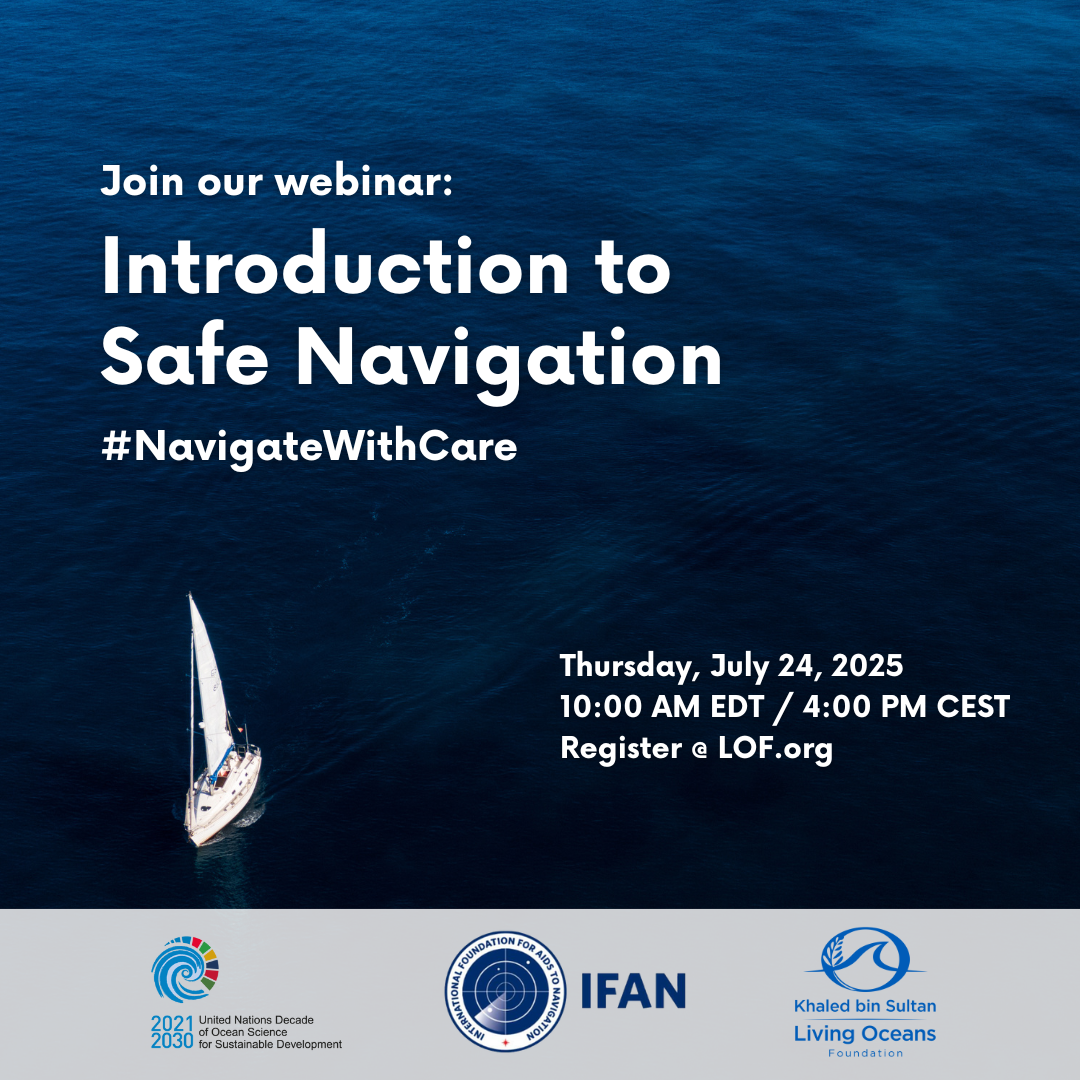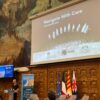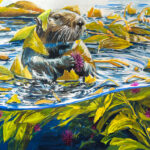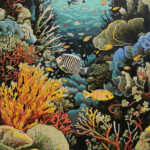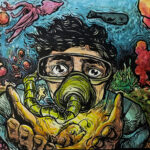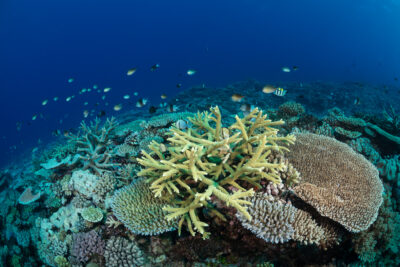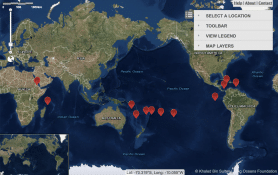Navigate with Care Webinar Series
Join us for our first webinar, "Navigate with Care: Introduction to Safe Navigation," on Thursday, July 24 at 10:00 AM EDT / 4:00 PM CEST
Watch
-
OUR LIVING OCEANS Premiere
Tune into EarthxTV to watch full episodes of "Our Living Oceans."
Science Without Borders®

Science Without Borders® guides all of our work as we pursue our mission to preserve, protect and restore the world's oceans and aquatic resources.
Join Our Blog
Education

-
Education Portal
Our Coral Reef Ecology Curriculum is a great resource for students and teachers. Filled with lesson plans, videos, and interactive learning exercises, our education portal engages and inspires students to learn about coral reefs and to become stewards of this vital ecosystem.
-
Science without Borders® Challenge
The application period for the 2025 Science Without Borders® Challenge is now closed. This annual art contest encourages students to learn about important ocean science and conservation issues through art. The competition is open to middle and high school students 11-19 years old, with prizes of up to $500 awarded to the winning entries.
